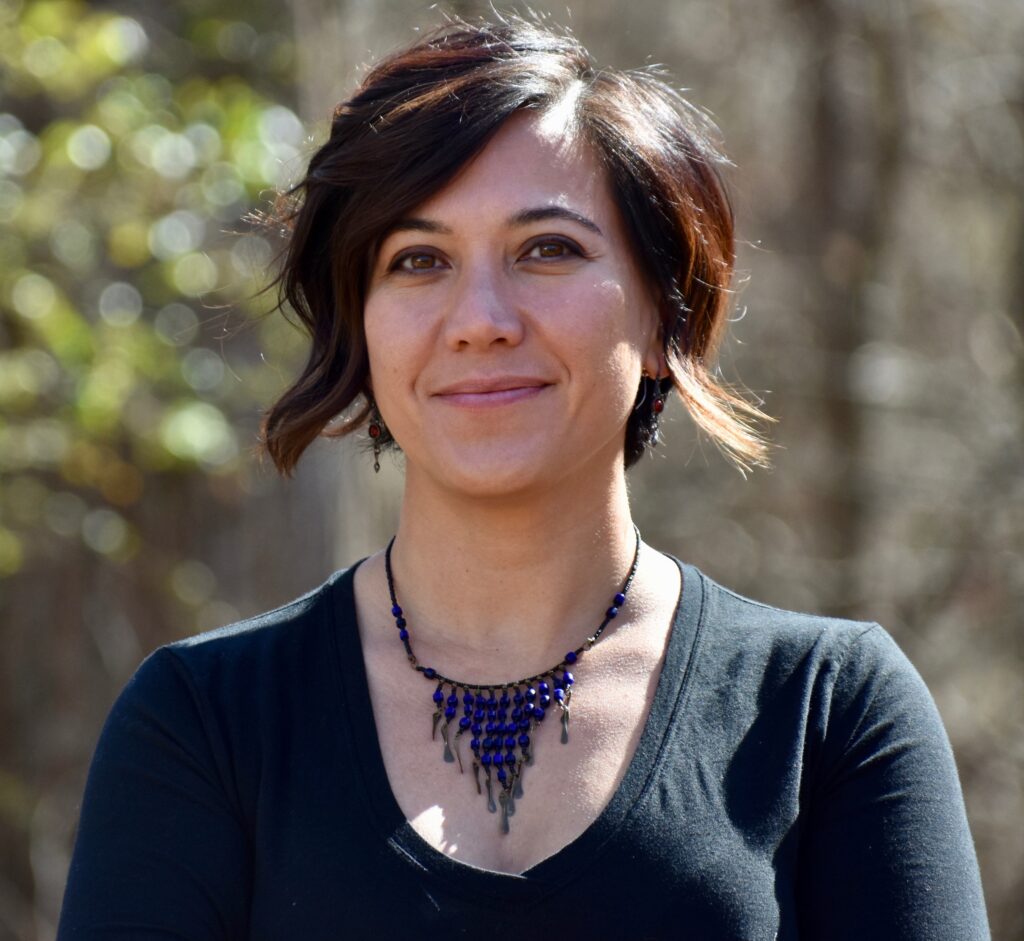In this post, we speak to the authors of a recent PLOS Global Public Health article, “Crises are a perpetual restart” – a comparative…
A formula for disaster
By guest contributor Aunchalee Palmquist
Predictably, it took a formula shortage to reach white middle-class families for our nation to wake up to the realities of the commercial formula industry and demand action.
Globally, malnutrition accounts for around half of infant deaths from birth to 6 months. It is an ongoing humanitarian crisis. The COVID-19 pandemic has made the situation more dire. In places where there are high rates of malnutrition, breastfeeding is the most important predictor of maternal and infant survival.
But, breastfeeding beyond the first weeks postpartum is especially difficult for women in the Global South, where centuries-long colonial exploitation of indigenous people and lands relentlessly suffocates economic livelihoods and everyday survival. Big formula contributes to the global infant feeding crisis.
Similarly, it is difficult for childbearing people of color in the U.S. – that is, populations who are racialized as Black and African American, Indigenous, Latine, Asian and Asian American, Native Hawaiian and Pacific Islander and various immigrant, refugee, and asylee populations from the Global South – to meet their breastfeeding goals.
An infant’s first food is critical to their survival. Sound nutrition during an infant’s first 6 months of life positively impacts their immediate health and well-being and sets a trajectory of health across the life course. Breastfeeding protects infants from infectious diseases and malnutrition and leads to long-term positive health for women. Breastfeeding also improves health among childbearing people across the life course. Most people who give birth will breastfeed their newborn in the immediate hours after delivery. And most women who initiate breastfeeding say that they had to stop before they wanted to, often due to circumstances beyond their control.
In order for commercially available infant formula powders to be an appropriate infant feeding alternative to breastfeeding, parents must have resources like a sustained, and reliable source of clean water (for drinking and washing); a sustained supply of quality formula; a hygienic environment in which to prepare the formula and store it after the tin has been opened; health education so that infant caregivers learn how to properly prepare and feed the formula; a functioning public health and health care system that can readily support malnourished infants or infants who have become ill from formula feeding. Preparation instructions indicate how hot the water temperature should be so that any harmful microorganisms that may be present are destroyed. When any of these essential resources and safety practices are disrupted, such as during a disaster, public health emergency, or infant formula recall, around 74% of U.S.-born infants old who rely on formula quickly become a population that is critically at-risk for malnutrition, illness, and even death.
However, families across the world have been sold a promise that formula will keep their babies nourished and healthy. Every day millions of parents feed their babies formula based on this promise. And, while outspoken first-wave feminists insist that “Fed is Best”, families of color are in crisis.
The reality is that some babies who are fed with formula will live and thrive, and many others will not. In the U.S., the key deciding factors are racism and structural inequities. The risk of malnutrition, food insecurity, or death is collateral damage that the formula industry, the U.S. government, politicians, and even health professionals have been willing to accept. The return on their investment is billions of dollars the infant food industry generates. The commercial formula industry accumulates wealth largely on the empty promises sold to Black and brown families around the world, as they are left with no other choice but to rely on formula in order survive the hostile conditions of a life in the ruins of racial capitalism.
The U.S. government does not mandate paid maternity/family leave. Social and economic pressures compel women to return to work anywhere from weeks to a few months after delivering a baby. The inhumane conditions that force postpartum women of color back into the workplace, to sustain the economy and their families, commonly means that for too many, breastfeeding ends earlier than it should. Infant formula is the most common alternative that parents turn to.
First-food insecurity among infants is a silent crisis within the most socially marginalized populations in the U.S. Because of structural racism, infants at risk of food insecurity and malnutrition are disproportionately found in communities where social conditions that surround pregnancy, postpartum, and infancy are extremely hostile. Poverty, houselessness, , hunger and food insecurity, exposure to police violence, homicide, substance use, family separation, and incarceration are all structural barriers to healthy pregnancies and healthy babies. Parents caring for infants in these circumstances are among the most likely to rely on formula, because there are so few systems in place to support breastfeeding.
Since 1981, governments around the world have been calling for an end to mass infant death at the hands of the global commercial formula industry. Today, the WHO is still documenting blatant human rights violations made by commercial formula industry. These practices are insidious. Not only do they involve targeting a nutritionally vulnerable populations of mothers and newborns to turn a profit, they also actively undermine the implementation of policies, legislation, and regulatory oversight that might compromise their accumulation of wealth.
Big formula and the U.S. government make billions of dollars by creating the social conditions that drives reliance on formula and the disruption of breastfeeding every year, and not only in the U.S. The government and big formula have a transparent vested interest in encouraging parents to formula feed their infants.
The systems that are supposed to prevent an infant feeding crisis are broken. The U.S. government has repeatedly failed mothers, children, and families, especially in communities of color.
Climate change, environmental degradation, water insecurity, pollution, war, pandemics – this is our new normal. And yet, emergency infant feeding preparedness, planning, and response in the U.S. remains inadequate. It falls short after every natural disaster that our country faces. It was inadequate at the beginning of the COVID-19 pandemic.
Parents who feed their infants with formula deserve a commitment from the U.S. government to take ensure that this preventable tragedy never happens again. Our nation deserves a comprehensive infant feeding in emergencies policy. We deserve a significant financial investment in systems, staff, supplies, and coordination mechanisms to mobilize timely delivery of infant feeding kits. We also deserve skilled lactation support and supplies in disasters and emergencies.
It does not seem like a coincidence that the proposed governmental actions and legislation in response to this formula shortage has completely excluded and neglected any kind of protection for breastfeeding.
The U.S. must finally endorse the International Code of Marketing of Breastmilk Substitutes (WHO Code) and subsequent WHA resolutions and enforce it through sanctions and legislation when formula manufacturers do not comply. This is a critical first step to end false advertising, unethical marketing tactics, and reckless manufacturing and distribution practice that harm not only our children, but also children around the world.
This crisis should concern us all. It is a health equity issue. It is a human rights issue. It is a reproductive justice issue. It is an issue that everyone who loves a child should care about.
If we mobilize advocacy to demand better from our government and the commercial formula milk industry, we will set in motion actions that may have far reaching effects for maternal and infant health globally.
Now is the time for collective action.
About the author:

Aunchalee Palmquist, PhD, MA, IBCLC is an Assistant Professor in the Department of Maternal and Child Health at the Gillings School of Global Public Health, University of North Carolina at Chapel Hill. She’s on Twitter: @AunPalmquist
